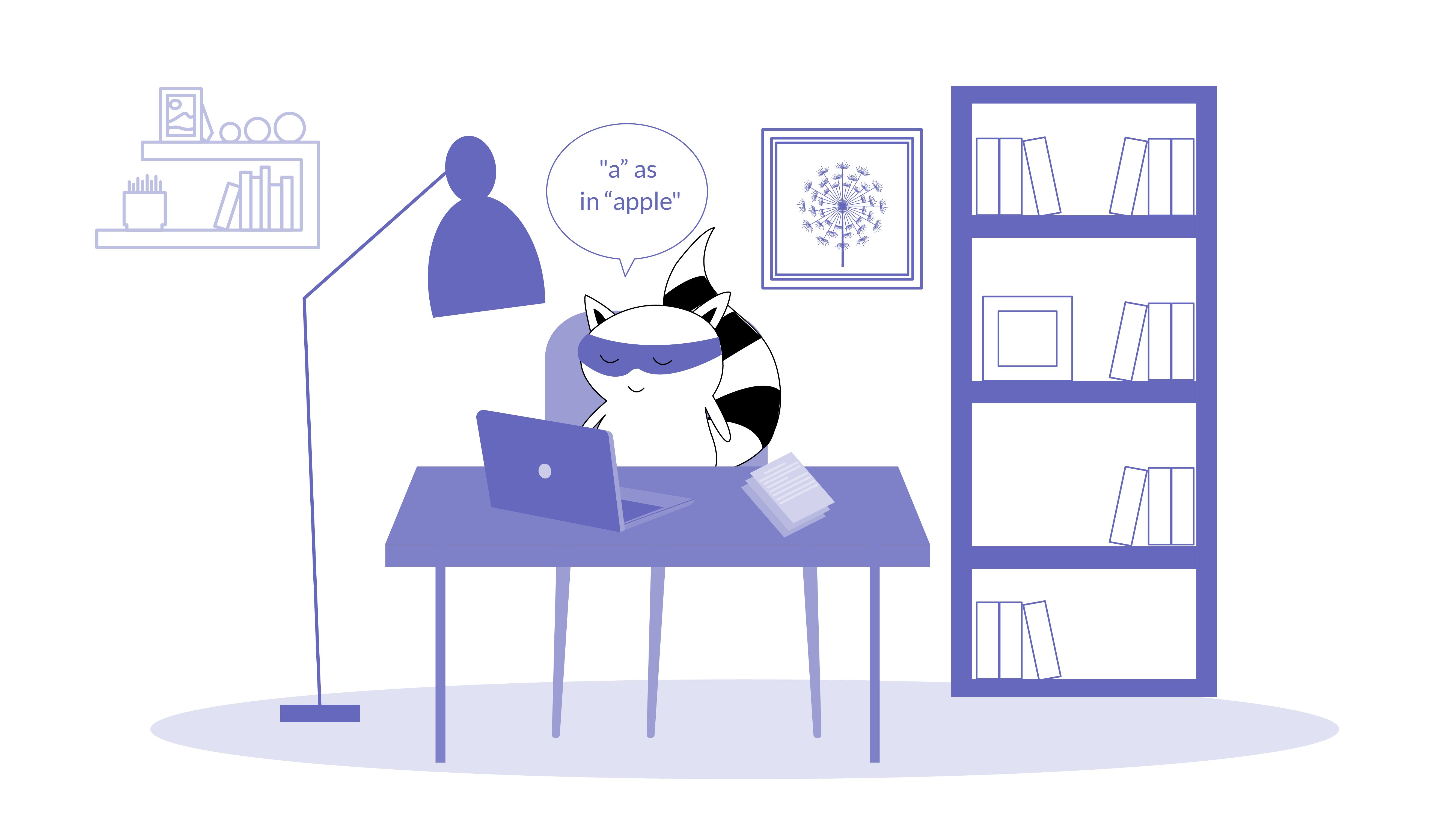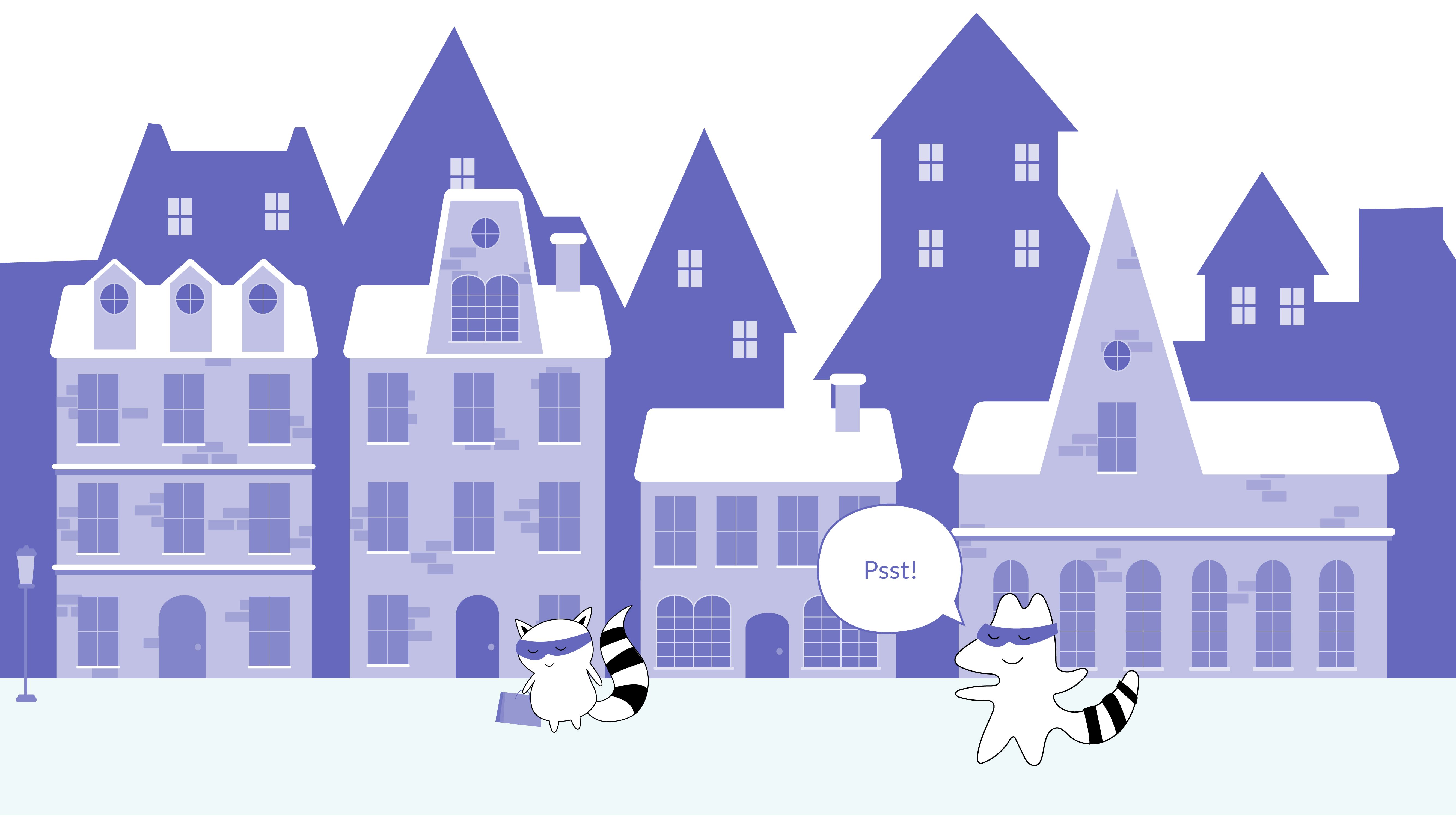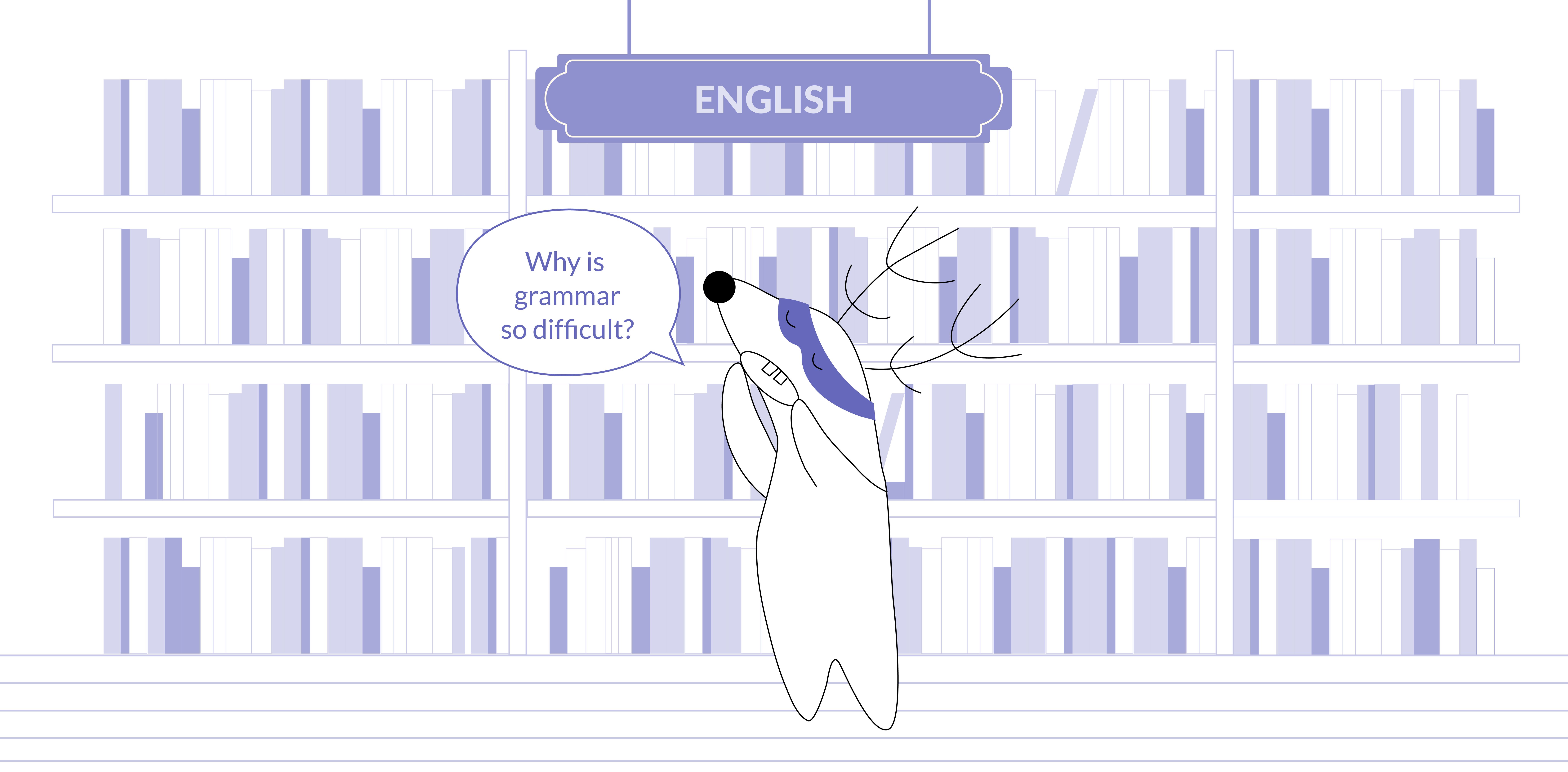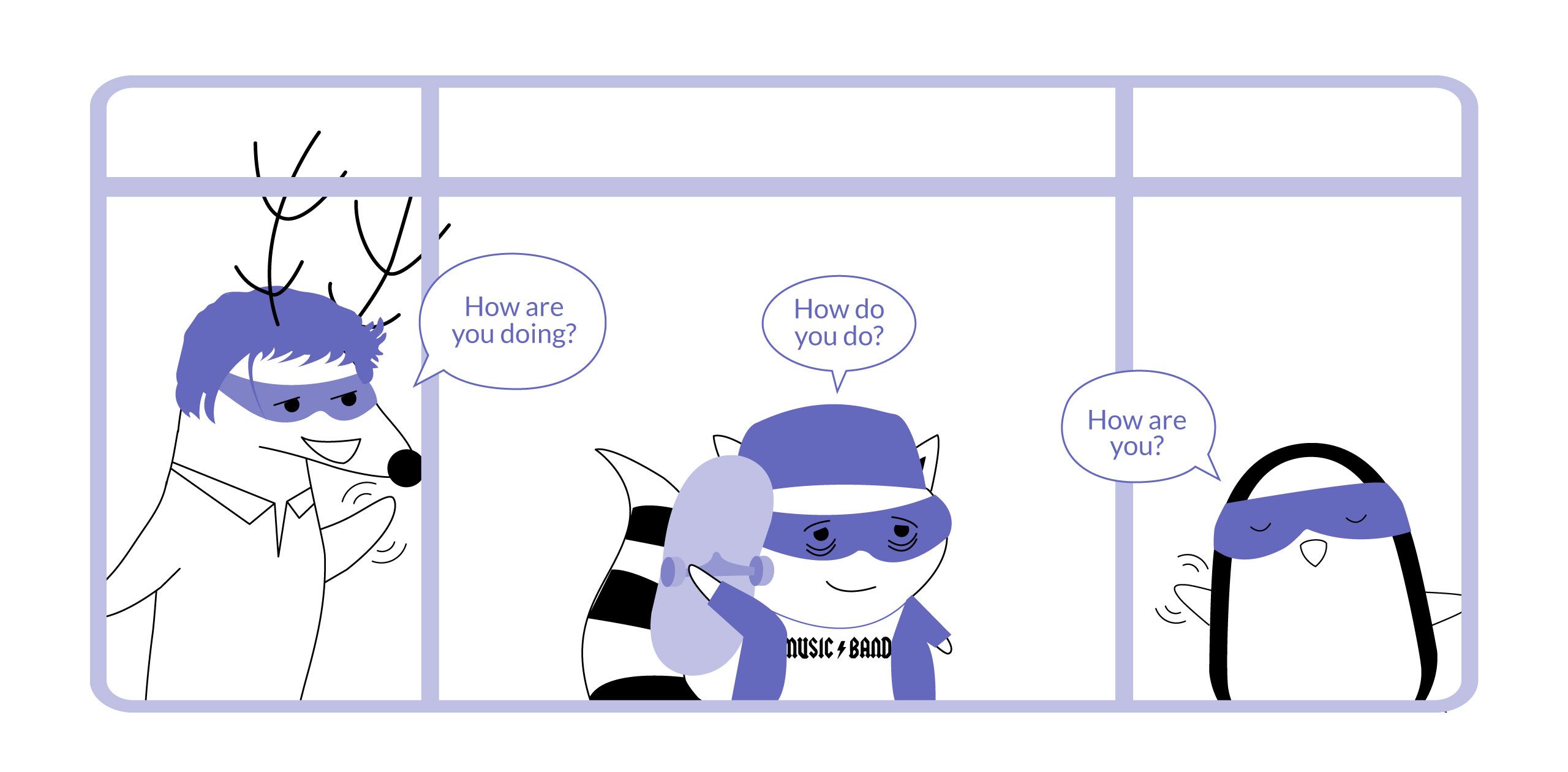
Have you ever played word games like Scrabble or the very popular Wordle? If you have, then you understand the importance of having a varied (and even unconventional) vocabulary. And, some of the least-typical vocabulary items in English are words without vowels.
It's natural to think that words with no vowels do not exist. How would you even pronounce them? In reality, there are at least a dozen English words without vowels – many of which are everyday, familiar words.
But, there's a little trick: whether these words genuinely exist or not depends on your definition of vowels. In this article, we'll explore 10 English words without vowels, their meaning, and how to pronounce them easily.
Learn English with Langster
What Is a Vowel?
We can define a vowel in two ways.
One is as a letter used in written English. The other has to do with phonetics and refers to vowel sounds – that is, what you make using your vocal cords. Let's see some examples.
In English, there are only five written vowels: "a," "e," "i," "o," and "u." But, there are 12 vowel sounds: 2 long and short versions of each sound and two special sounds called shwa and long shwa. The English language also has eight diphthongs considered by experts to be vowel sounds, too.
How is this relevant? Well, certain letters may not be vowels in spelling, but they sound like them when you pronounce the words where they appear.

So, in spelling, "y" is not a vowel; it's a consonant. But, at the phonetic level, it can be pronounced with vowel sounds. For example:
- Three-letter words like "fly" or "pry" with the diphthong /ai/.
- Five-letter words like "glyph" or "lymph," where "y" is pronounced like /i/.
That is why there's some controversy as to whether words with "y," like "fly," are words without vowels.
10 English Words Without Vowels
So, let's cut to the chase and explore some English words without vowels in detail. Some of them do not formally have vowels, but you’ve probably used them before. Meanwhile, other words are not commonly used in everyday English, as they are archaic (but utterly valid in a word game!).
1 and 2. Cwm & crwth
These are Celtic Welsh words that have been adopted in the English language. "Cwm" means a hollow at the head of a valley, while "crwth" refers to a circular valley or bowl-shaped depression. As you can see, they do not contain the vowel symbols "a," "e," "i," "o," or "u," so they are usually considered to be words without vowels.
However, there is controversy because, just like the above examples, the letter "w" is simply used as a vowel sound. In this case, “cwm” and “crwth” are both pronounced with an /u/, the same sound that appears in the words "boom" or "food."

3 - Fly
"Fly" is a very common verb where the letter "y" is pronounced as the diphthong /ai/, as in "my." Other similar examples include words like:
- Dry
- Cry
- Shy
4 - Rhythm
This is yet another word that uses "y" as a consonant when saying it out loud. In this case, you should pronounce it with /i/, as in "sit."
Other similar examples include words like “gym”, “myth” or “hymn”.
5 - Nth
Ordinal indicators may also be considered words without vowels. Examples include the "rd" suffix in "3rd" or the abbreviation "nth" in the phrase "to the nth degree" (which means something taken to the extreme).
In this example, "nth" is pronounced with /e/ at the beginning. You can look at this video and learn how to pronounce it correctly.
6 - TV
"TV" is another of the many English words without vowel symbols. Although it is an abbreviation of "television," it is considered a word on its own. It's pronounced with /ee/ both times.

Other similar examples include CD, DVD, or the famous brand KFC.
7 - Shh
"Shh" is an onomatopoeia – that is, a word that represents a sound, such as "haha" (a laugh in written language). While there's some controversy as to whether these are words, if we take the definition by the Oxford English Dictionary, a word is a unit of grammar that can stand alone as a complete utterance and have meaning. An onomatopoeia can do that.
Some of these onomatopoeiae, such as "shh" and the examples coming up below, have no vowel letters in the English language, but they are well-known, and you won’t have any problem pronouncing them when you need to.
8 - Psst
If you want to attract someone's attention but don't want to call out their name, you can simply use the expression "psst."

It may look hard to pronounce, but it’s rather instinctive. As you can see, it has no vowel sounds at all!
9 - Grrr
“Grr” is an exclamation or onomatopoeia used to show annoyance or anger. You would make this sound if someone ate all of your cookies or if the supermarket ran out of your favorite dessert.
To produce it, you need to use your throat at the beginning and then roll your tongue to pronounce a prolonged "r."
10 - Hmmm
Want to express doubt or hesitation? "Hmmm" is your word! You can also use it to pause when you need more time to gather your next thought.
Finally, “hmm” can also be used to show your interlocutor you don't believe a word of what they are saying - no vowels involved.
Wow Your Friends With Your Knowledge of English Words
English is a fascinating, versatile language that even has words without vowels – and you can learn to pronounce them perfectly! By learning how these terms are used and uttered, you’ll expand your vocabulary and improve your English skills, plus increase your word game abilities.
Want to boost your English even more? Learn new English words and grammar rules with Langster or check other articles on our blog. Next time, you'll win Scrabble easily – all while impressing your friends with your extensive English vocabulary.









